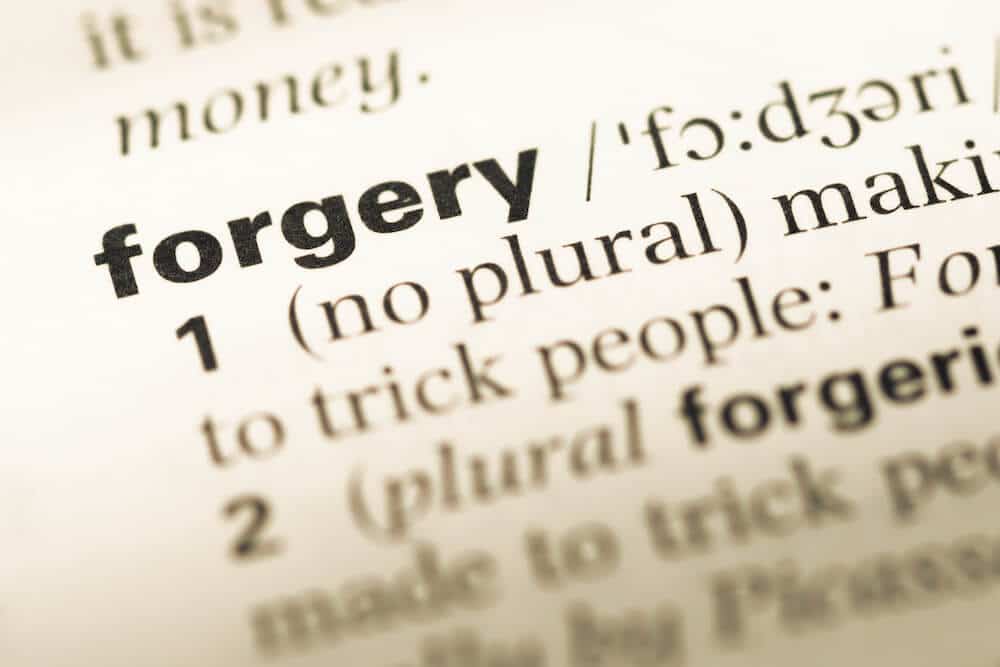- Home
- THE FIRM+
- Criminal Defense+
- CASE RESULTS
- AREAS WE SERVE+
- FAQ’s
- Blog
- Contact
AZHARI LLC BLOG
Jul. 6 2017
Understanding Armed Robbery Charges in Illinois

Posted By: Sami Azhari
Category:
What possibly started as a prank has now ended in home invasion and armed robbery charges for three Illinois football players.
The three college football players – Darta Lee, Zarrian Holcombe and Howard Watkins – are accused of robbing a dorm room in Bromley Hall, one of the university’s residence halls where both Lee and Holcombe live.
Wearing masks, the suspects entered the victim’s room around 3 a.m. and announced the robbery while also holding a firearm, which turned out to be a BB gun. The victim recognized the voice of one of the players and at that point, the player removed the mask and said it was a prank, making “light of the situation.”
Still, the football players left with some of the victim’s money, and were later arrested after the victim gave police his statement.
As of right now, the three men are suspended indefinitely from the football team.
If this was a prank, armed robbery charges are too severe. Prank or not, though, it’s important to understand what armed robbery charges and penalties mean here in Illinois.
Armed Robbery: The Law
Robbery is considered a violent crime, and in Illinois, there are three different types of robbery charges: robbery, aggravated robbery, and armed robbery.
A person commits robbery when he knowingly takes someone else’s property, except a motor vehicle, by the use or a threat of force.
A person commits aggravated robbery when he commits robbery, as defined above, and
- Says he has a weapon – even if he doesn’t actually have a weapon on him;
- Gives the other person a controlled substance without their consent; or
- Threatens the other person with a controlled substance.
A person commits armed robbery when he commits robbery and
- Has a dangerous weapon; or
- Has a firearm; or
- Discharges a firearm; or
- Discharges a firearm and causes great bodily harm, permanent disability, permanent disfigurement, or death to another person.
If robbery is committed and the stolen property is a motor vehicle, you will be charged with vehicular hijacking or aggravated vehicular hijacking if
- The victim was 60 or older or disabled; or
- A passenger in the vehicle was under 16; or
- You had a firearm; or
- You discharged a firearm; or
- You discharged a firearm and caused great bodily harm, permanent disability, permanent disfigurement, or death to another person.
Armed Robbery: Penalties
All types of robberies are felonies. The type of robbery, however, determines the felony level.
Robbery is a Class 2 felony, punishable by 3 to 7 years in jail. Robbery can be elevated to a Class 1 felony – punishable by 4 to 15 years in jail – if the victim is 60 or older or disabled, or the robbery is committed in a school, day care center, day care home, group day care home, or part day child care facility, or place of worship.
Aggravated robbery and vehicular hijacking are also Class 1 felonies.
Armed robbery is a Class X felony, and the length of the prison sentence changes depending on the factors involved in the armed robbery:
- If you had a dangerous weapon, the crime is punishable by 6 to 30 years in prison.
- If you had a firearm, an extra 15 years is added to your sentence.
- If you discharged a firearm, an extra 20 years is added to your sentence.
- If you discharged a firearm and caused great bodily harm, permanent disability, permanent disfigurement, or death to another person, an extra 25 years is added to your sentence.
Armed robbery charges or any type of robbery charges should be taken seriously. If you need help defending your robbery charges, reach out to a knowledgeable defense attorney today to fight for your rights.
About the Author
Sami Azhari has been working as a lawyer since 2007, after receiving his Juris Doctor from the Michigan State University College of Law. He has handled numerous state and federal cases, and is known throughout the Chicago and Rolling Meadows area for providing his clients with high-quality, skilled representation. He has been recognized by SuperLawyers, the National Trial Lawyers Association, and other notable organizations, and has spoken at a number of legal conferences.


























































